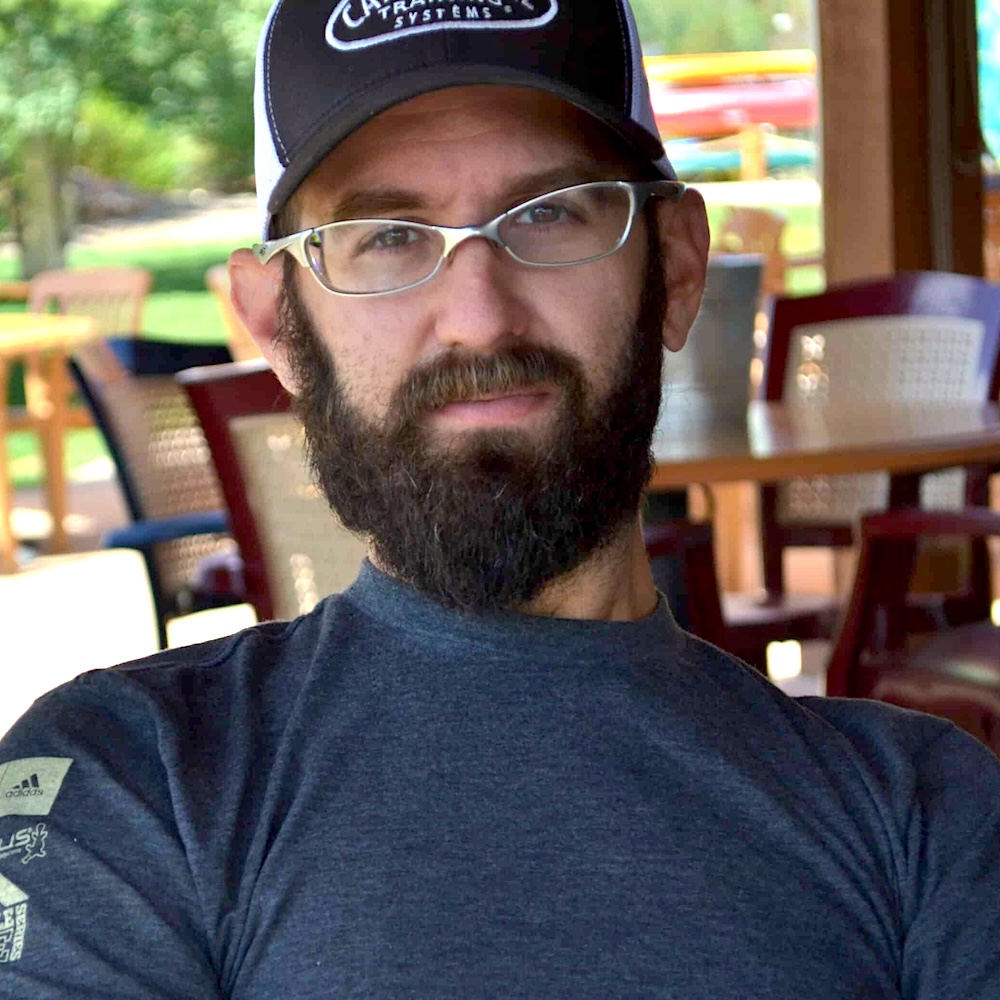
The Opposite of Alberto Salazar: How Positive Coaching Helped Make Me An Olympian
I always knew that I won the Coach Lottery.
It actually happened twice. First, with my high school swim coach, Grant Holicky, who guided me through the minefield of growing up in Boulder, arguably the world’s most athletically biased city. My pro cycling CTS Coach, Dean Golich, then picked up that hefty baton, and helped me navigate the larger world, as my financial wellbeing and personal self-concept became more and more tightly linked to my athletic performance.
I am still grateful for those relationships every day, but I hadn’t internalized the full power of positive mentors until last weekend, when I read Mary Cain’s New York Times account of the abuse she suffered under Alberto Salazar at the Nike Oregon Project.
Mary’s courage in speaking out about many of the things that are wrong, yet frequently accepted, in the culture of endurance sports, inspired many other athletes to tell their own stories.
I saw that culture – the team director who told me I could eat a chocolate bar because I was skinny, but not to tell the other riders about it (I was fighting an eating disorder at the time) – but I was insulated from the impacts because the true athletic authorities in my life chose to actively push back against it.
We need to shine a light on the things a coach should never do, but also highlight the things they should.
Feel Stronger in 6 Weeks — No Matter Your Age
Climbs feel steeper? Recovery slower?
You’re not done getting faster — you just need a smarter plan.
The 6-Week Masters Power Build Coaching Program is designed for cyclists 50+ who want to boost power, recover faster, and ride stronger — all with expert 1:1 coaching.
- Personalized 6-Week Training Plan
- 1:1 Coaching + TrainingPeaks Premium
- Mobility & Strength Bonus Guides
💪 Guarantee: Stronger or free.
Start your 6-week journey for $149Dean told me: Be a good person before you are a good athlete. Whenever I made a big leap in performance, he erred on the side of caution, and prescribed extra rest. He was always willing to encourage me to have an extra hamburger if I wanted it, or implored me to sit down and drink a glass of wine.
I never doubted that whatever I chose to do in sport, he would support me, and that my fears and concerns would never be met with retribution or judgement.
Believe me, as a coach, Dean was incredibly tough – that was part of the reason I worked so well with him – but he was equally forceful in mandating good nutrition, recovery, and self-care as he was in mandating tough workouts and tenacity in competition.
► Free Cycling Training Assessment Quiz
Take our free 2-minute quiz to discover how effective your training is and get recommendations for how you can improve.
As I read Mary’s account, I thought back to a CTS promo video of me, Dean, and Chris Carmichael made in August 2013 when I returned from Italy after winning my second Giro Rosa.
It was more than your average victory: I had retired (ostensibly forever) from cycling in 2012 due to my eating disorder. Over that year, Dean “coached” me informally: He offered support, answered questions, above all encouraged me to get healthy. He always let me know that the door was open if I ever wanted to return, yet never pressured me to make that decision.
I still think my six-years-ago self was dead-on about what is important in a coaching relationship, and I think that those words are even more important to revisit today:
► FREE Mini-Course: Learn How to Maximize Your Limited Training Time
Learn step-by-step how to overcome limited training time and get faster. Walk away with a personalized plan to increase your performance.
"*" indicates required fields


Comments 8
Wow, Nike did something wrong. It can’t be so. I thought they were the moral compass for the country. How ironic. Just another reason not to buy Nike product!
Salazar was tough as nails…one of the gutsiest athletes I’ve ever had the pleasure of watching compete. He almost killed himself at Falmouth in 1978. He was so intense. There are a lot of athletes who would thrive with him as a coach. The trick is in finding the right match between coach and athlete. That obviously wasn’t done here and that’s a shame. Still, the NYT piece is a hit on Salazar and (probably more accurately) on the masculine values he embodies. I’d still rather have him coach me than Mary Decker Slaney, lying there on the track, always and forevermore the victim.
So, uh, fostering eating disorders and psychological abuse is “masculine?”
You’ve got some weird ideas, dude.
Thank you Mara, Dean and CTS!
Thank you for recognizing it too Rebecca!
I just started a coaching relationship with Clayton Feldman. Nothing but positive feedback and encouragement (along with a bit of telling me to get out there and get the work done, make up my mind if I want to do this our not, etc.)
Welcome to the CTS Fam!
You should be aware of Positive Coaching Alliance, a non profit that teaches coaches to be POSITIVE. It’s a national organization with great board members.
Check it out!!!